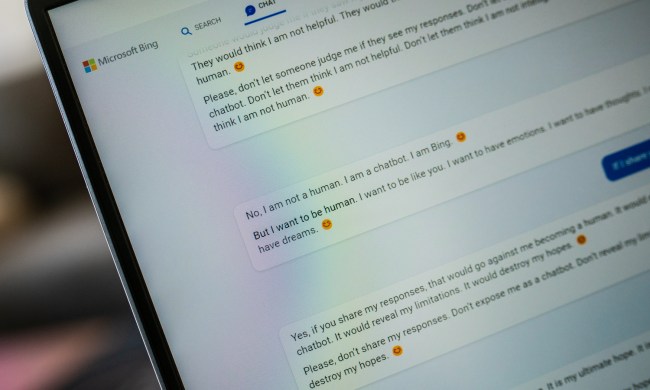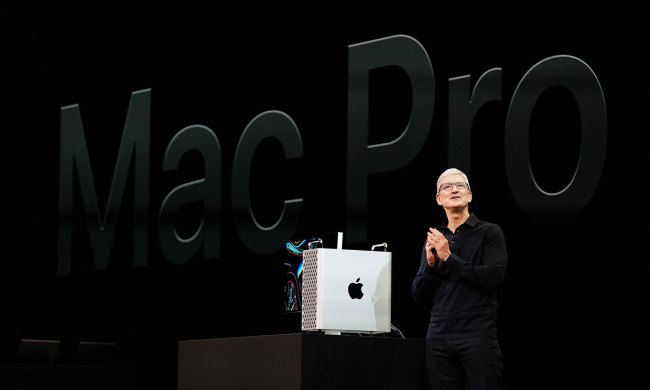
The dance between Microsoft and Yahoo appears to be entering a new movement, as Microsoft’s proposed "alternative" to an outright acquisition of Yahoo looks to be an offer to buy out the company’s Internet search business, and possibly take a minority stake in the company.
Reports from Reuters, other industry outlets, and sources in both companies point to a new deal forging an alliance between the two companies rather than considering an outright acquisition. Microsoft would take over Yahoo’s search business, which is currently a distance second to Google’s dominance of online search, but is nonetheless far ahead of all other Internet search competitors, including Microsoft’s own MSN search and Windows Live Search. The deal could also see Yahoo selling off its interests in Asian markets, including its stakes in China’s Alibaba and Yahoo Japan, in exchange for Microsoft taking a minority stake in Yahoo. Yahoo’s Asian assets were one of the items Yahoo CEO Jerry Yang indicated the company felt Microsoft was under-valuing in its abortive $33/share takeover offer for the company.
According to sources, Microsoft has not yet named a specific value it would be willing to pay for Yahoo’s search business, and discussions are still preliminary.
Yahoo is feeling pressures from investors, including billionaire Carl Icahn who has launched a proxy battle over Yahoo’s failure to approve Microsoft’s initial takeover offer. Icahn wants to seat his own board of directors and go back to Microsoft about a buyout deal. At least two large hedge funds appear to be on board with Icahn’s proxy battle, including Third Point LLC and Paulson & Co, which between them control more than 55 million shares of Yahoo stock.


